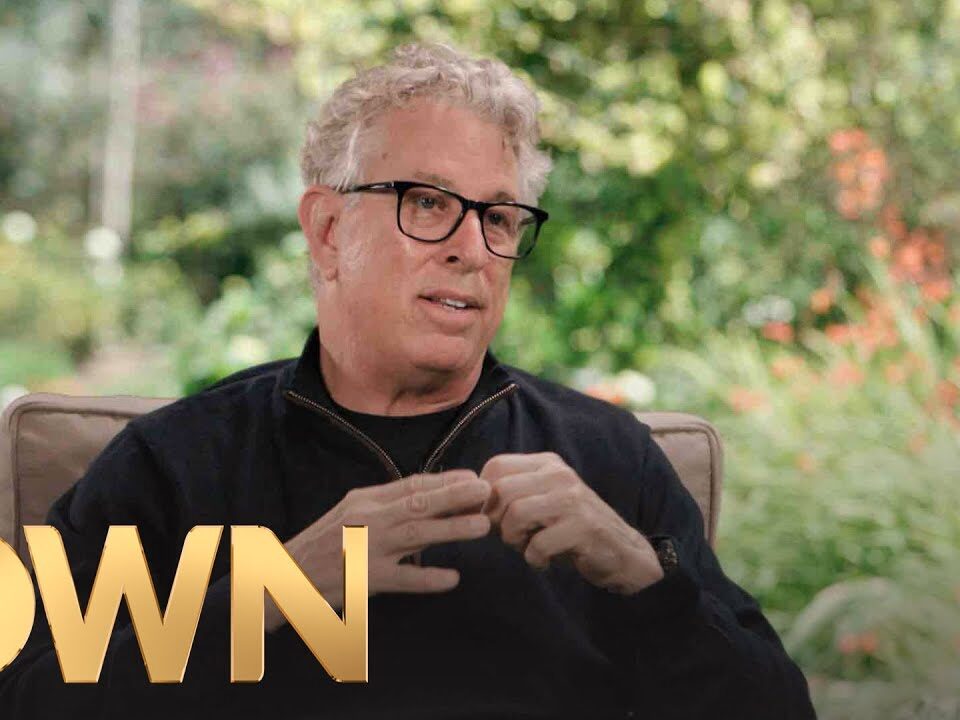In yesterday’s Story Blog post, I talked about one of the best books I have read, particularly in the area in which I work. What Happened to You?: Conversations on Trauma, Resilience, and Healing by Bruce D. Perry MD, PhD and Oprah Winfrey is informative, inspiring and deeply-moving.
In this blog post, I have included three powerful quotes form the book, the first two of which are particularly relevant to Indigenous peoples. The first quote refers primarily to historical (or transgenerational) trauma:
‘Our ancestors recognized the importance of connectedness and the toxicity of exclusion. The history of the civilized world, on the other hand, is filled with policies and practices that favored disconnection and marginalization—that destroyed family, community, and culture. Colonization, slavery, the U.S. reservation system, Canada’s Residential Schools, Australia’s Stolen Generation—these were so destructive across so many generations because they intentionally destroyed the family and cultural bonds that keep a people connected. They created disconnected, traumatized individuals in inescapable, painful situations—situations that, as we’ve discussed, make people dissociate in order to adapt and survive. And even though the dissociation is adaptive, it results in more passivity and compliance, making traumatized peoples easier to dehumanise and exploit.
While less obvious to some, I believe that our existing child-welfare, educational, mental health, and juvenile-justice systems often do the same thing. They fragment families, undermine community, and engage in marginalizing, shaming, and punitive practices.’
The second quote relates specifically to Indigenous healing. I have broken up the original long paragraph to make it easier to read online.
‘And again, if you look at Indigenous and traditional healing practices, they do a remarkable job of creating a total mind-body experience that influences multiple brain systems. Remember, trauma “memories” span multiple brain areas. So these traditional practices will have cognitive, relational-based, and sensory elements.
You retell the story; create images of the battle, hunt, death; hold each other; massage; dance; sing. You reconnect to loved ones—to community. You celebrate, eat, and share. Aboriginal healing practices are repetitive, rhythmic, relevant, relational, respectful, and rewarding—experiences known to be effective in altering neural systems involved in the stress response.
The practices emerged because they worked. People felt better and functioned better, and the core elements of the healing process were reinforced and passed on. Cultures separated by time and space converged on the same principles for healing.’
Finally, I love these words Bruce wrote at the end of the main part of the book:
‘It is easy to be discouraged and overwhelmed by the many problems in our society, to be demoralized by the inequities, adversities, and trauma that are all too pervasive in our world. But if you study history, you will recognize that the overall trajectory for humankind is positive. Our world is filled with so many kind, capable, and creative people. We are a curious species. We will continue to discover, invent, and learn. We can make our world a safer, more just, and humane place for all.’ What Happened to You?: Conversations on Trauma, Resilience, and Healing, by Bruce D. Perry M.D., Ph.D. and Oprah Winfrey.
Please tell your family, friends and work colleagues about this book. Let’s spread the word so it can exert a powerful impact.


